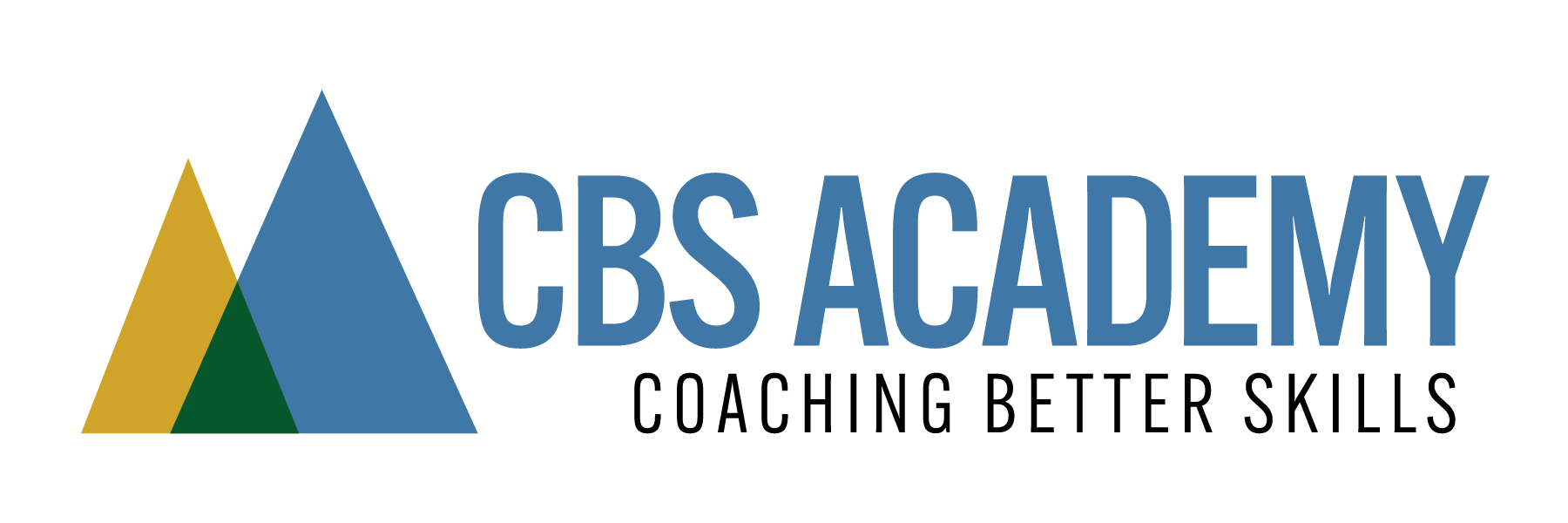Establish Realistic Team Development Goals
Write your awesome label here.
In a call center environment, the development of team skills and setting realistic goals are paramount to achieving success. Effective team leadership requires a comprehensive understanding of each agent's strengths, weaknesses, and developmental needs. By utilizing tools such as the Team Development Plan and team profiles, team leaders can create tailored strategies to enhance agent performance and address discipline issues effectively. However, it's essential to ensure that goals set are not only ambitious but also realistic and achievable. This requires a balance between pushing agents to improve while acknowledging their current capabilities and limitations.
1. Individualized Goal Setting
2. Regular Performance Feedback
3. Training and Coaching Opportunities
4. Incremental Goal Setting
Consider this Scenario:
If an agent requires an additional six promises daily to meet their target, expecting them to achieve this immediately might set an unrealistic expectation. Instead, opt for a gradual approach. Start by setting a more achievable goal, such as an increase of two promises per day. By understanding the individual context and capabilities of each agent, you can tailor goals that are both challenging and attainable, fostering a culture of growth and improvement.
